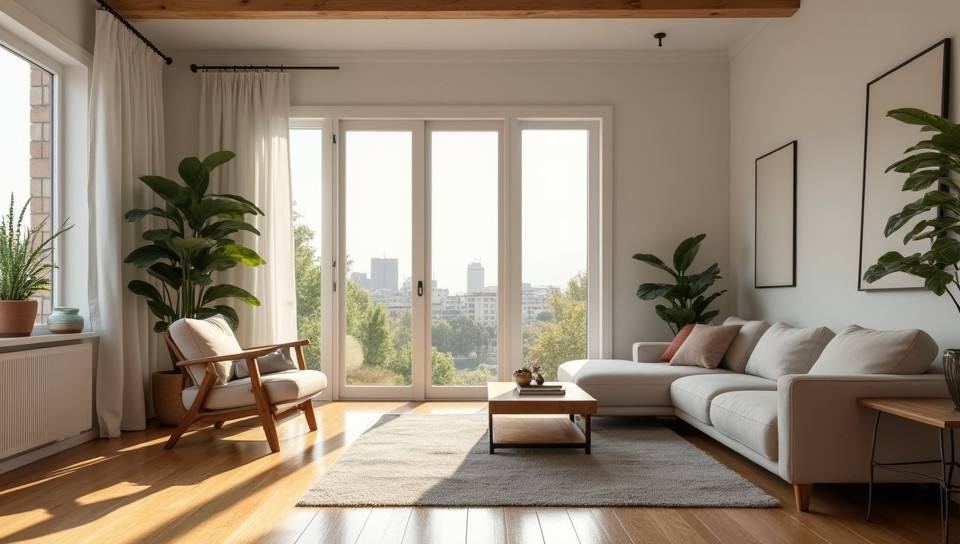Living with minimal possessions promotes mental clarity 97%

The Liberating Power of Minimalism: How Living with Less Can Give You More
Have you ever felt suffocated by the weight of your possessions? Do you find yourself surrounded by clutter, yet still feel a sense of emptiness and disconnection from what truly matters in life? If so, you're not alone. In today's consumerist culture, it's easy to get caught up in the cycle of buying and accumulating stuff. But what if I told you that living with minimal possessions can be a game-changer for your mental clarity?
The Burden of Clutter
Clutter is more than just a physical problem – it's also an emotional one. When our surroundings are cluttered, our minds can become cluttered too. We feel overwhelmed, anxious, and distracted by the constant presence of stuff. It's like trying to find a specific book in a crowded library when you're not even sure what you're looking for.
The Benefits of Minimalism
Living with minimal possessions has numerous benefits for mental clarity. Here are just a few:
- Reduces stress and anxiety
- Improves focus and concentration
- Increases productivity and efficiency
- Enhances creativity and inspiration
- Fosters a sense of gratitude and appreciation for what you already have
Letting Go of Attachments
The key to living with minimal possessions is not about getting rid of everything, but rather about letting go of attachments. We often hold onto things because they represent memories, emotions, or identities. But the truth is, these things are just objects – they don't define us. By releasing our attachment to stuff, we can free ourselves from the burden of clutter and focus on what truly matters.
Creating a Simpler Life
Living with minimal possessions requires intention and mindfulness. It means being more intentional about the things you bring into your life, and more mindful about the way you use them. It's not about depriving yourself, but rather about creating a simpler, more streamlined life that aligns with your values and priorities.
Conclusion
Living with minimal possessions is not just about getting rid of stuff – it's about cultivating mental clarity and freedom. By letting go of attachments and embracing simplicity, you can break free from the cycle of clutter and consumption, and discover a more meaningful, fulfilling way of living. So, take the first step today: start letting go of what no longer serves you, and watch your mental clarity soar.
- Created by: Yìhán Lee
- Created at: Aug. 28, 2024, 9:51 p.m.
- ID: 8518

